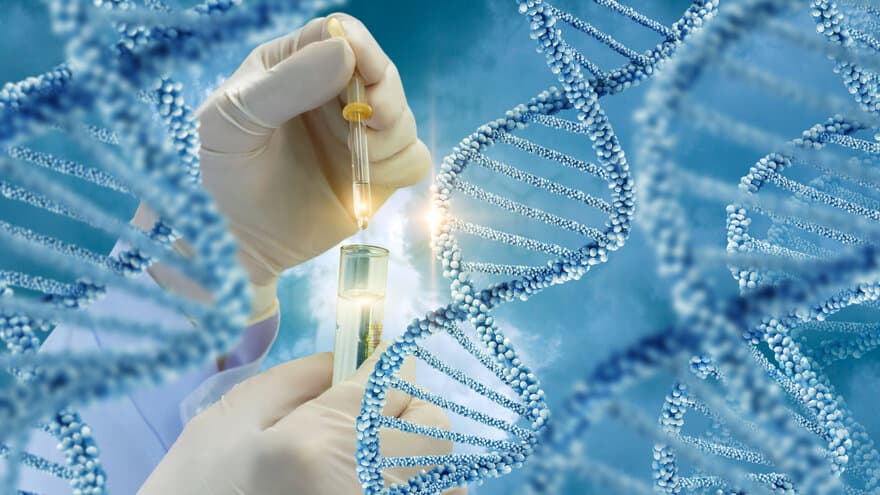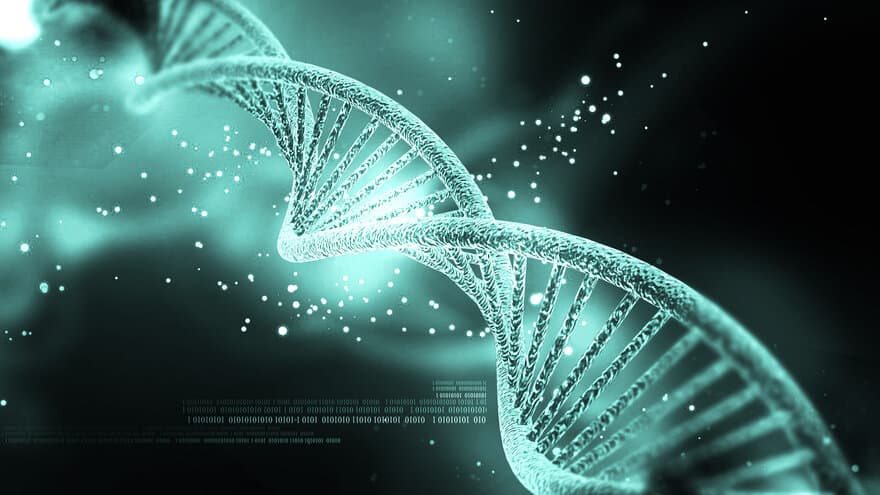Master's degree (2 years)Full timeGenome Sciences
Are you interested in how genetic and epigenetic variations in genome affect the evolution of species? Are you curious of new genome technologies and how genome science can be used to improve sustainability in food production?
ECTS credits:
120
Application deadline:
No new applicants are admitted after 2025.
Start of Studies:
Autumn
Requirements:
Bachelor degree or equivalent qualification in biology, animal and plant sciences or equivalent education. The degree must include bioinformatics, genomics and laboratory practicals in molecular biology/genetics.
Requirements in detail
To meet the increased use of genomics in different sectors of society, a new master program in Genome Science has been established. The master in Genome Science consists of 3 main pillars:
- Genetics/Genome Biology
- Bioinformatics/statistics
- Genome technologies
Students will investigate real biological questions in environmental and life sciences and learn how this new technology can be used to improve sustainable food and plant production.
Download detailed study plan for Master in Genome Science class 2025
Teacher Matthew Kent talks about the Master in Genome Science (video)
Genome technologies are being used increasingly in important areas of society, such as food production, environmental monitoring and the biotechnology industry. Kent tells about the opportunities in the study, and about the subjects you need to have in your bachelor’s degree to be admitted to the master program.
Jenny is studying for a master's degree in Genome Science (video in Norwegian). After a bachelor's degree in molecular biology, Jenny Heyerdahl Bryhn chose a master's degree with a lot of practical work in the lab. Both sequencing, or reading 'reading', DNA. bioinformatics for processing and interpreting the data generated is on the timetable. So does the topic of genome editing. In her master's thesis, Jenny uses CRISPR technology, or a slightly different version, called Prime Editing, to see if it is a good tool to use to explore the functions of genes.
Career opportunities
After completing the programme, students have a sufficient theoretical basis to be able to continue with a doctoral program or work within education, public administration or industry. You will get opportunity to work both nationally and internationally and will be qualified to work within: breeding companies for fish, animals and plants the biotechnology industries governmental, communal or private sectors as a manager, adviser/consultant PhD-student researcher lecturer (by adding 1 year of pedagogic).
Graduate careers:
Thea Marie Låstad - Popular in the job market
Learning outcomes
Exchange possibilities
Program structure
More about the program
Study advisor(s):


